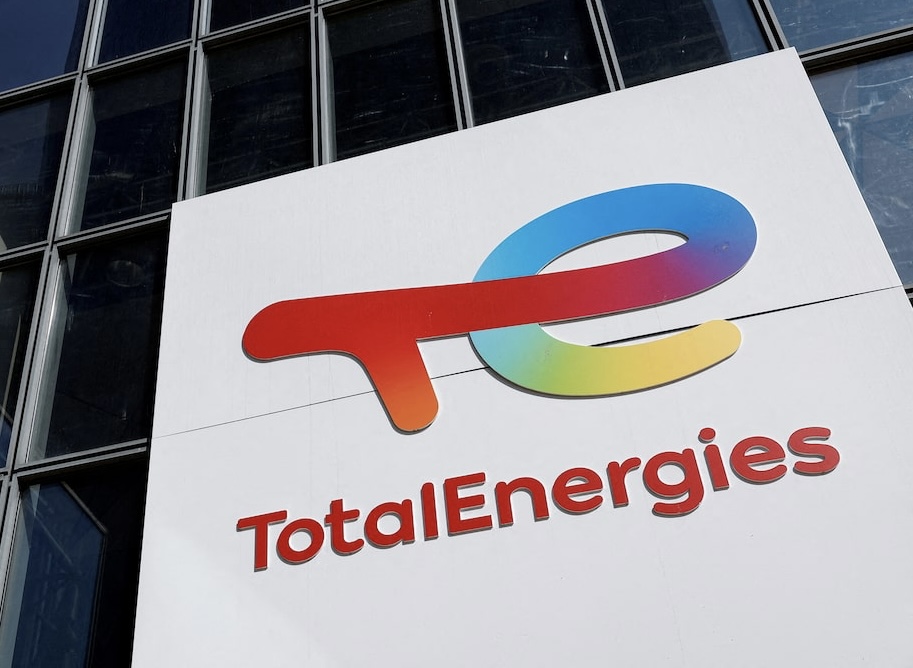KEY POINTS
- TotalEnergies has committed 100 million dollars to Climate Investment’s Venture Strategy to scale emissions-reduction technologies across the global oil and gas sector.
- The investment strengthens its role within the OGCI and OGDC as companies seek collaborative methods to cut methane and accelerate carbon-capture deployment.
- Climate Investment’s portfolio has already delivered more than 133 million tonnes of emissions reductions since 2019, with new technologies rolling out across national and international operators.
TotalEnergies has committed 100 million dollars to accelerate the development and deployment of technologies aimed at cutting emissions across the oil and gas sector, deepening the company’s involvement in international climate efforts as negotiations continue at the United Nations Climate Change Conference in Belém, Brazil.
Totaenergies announced the investment during COP30, saying the funds will go into Climate Investment’s Venture Strategy, a vehicle that backs innovations designed to curb methane releases, advance carbon capture and improve energy efficiency throughout the industry.
The pledge reinforces the company’s role within the Oil and Gas Climate Initiative and the Oil and Gas Decarbonisation Charter, both of which seek to align traditional energy companies behind measurable climate goals.
Industry groups look to collective action as carbon-cutting technologies scale up
Climate Investment, created a decade ago under the umbrella of the OGCI, has already channelled several hundred million dollars into 46 start-ups and growth-stage companies working on emissions-reduction tools. Portfolio technologies have delivered a cumulative impact of 133 million tonnes of carbon-dioxide equivalent since 2019, according to the organisation.
TotalEnergies said the initiative’s partnership with the OGDC, formalised in July, would enable the group to offer guidance and data to signatories on their own decarbonisation paths. The company’s chief executive, Patrick Pouyanné, serves as one of the charter’s three champions, alongside ADNOC’s Sultan Al Jaber and Saudi Aramco’s Amin Nasser.
Executives say the emphasis now is on collaboration rather than competition. TotalEnergies has already begun sharing its AUSEA methane-detection system with several national oil companies, complementing its OGMP 2.0 Gold Standard status and the gradual roll-out of continuous monitoring equipment across its upstream operations.
Technologies supported by Climate Investment are also making their way into field operations. One example is the adoption of Qnergy’s instrument-air pneumatics, which replace gas-powered devices in remote locations. Around 400 well pads in the Barnett shale have already made the switch, cutting emissions that previously would have been routine.
Pouyanné said the company’s latest contribution was intended to help move proven solutions rapidly into wider use. He urged other international and national oil companies to join the effort, arguing that the sector can only make meaningful progress if it pursues decarbonisation as a shared industrial project.
Pratima Rangarajan, chief executive of Climate Investment, said the mission remains straightforward: to identify and scale technologies necessary for the next generation of global infrastructure. She welcomed TotalEnergies’ renewed backing and said the OGDC partnership would allow the fund to position its solutions across a broader set of operators in different geographies.
The announcement in Belém adds further momentum to the modest but growing pool of climate-focused capital coming from oil and gas producers. While critics argue that such commitments still fall short of the investments needed to realign global energy systems, supporters say industry-wide cooperation is at least beginning to take firmer shape.



